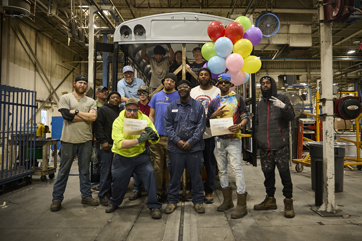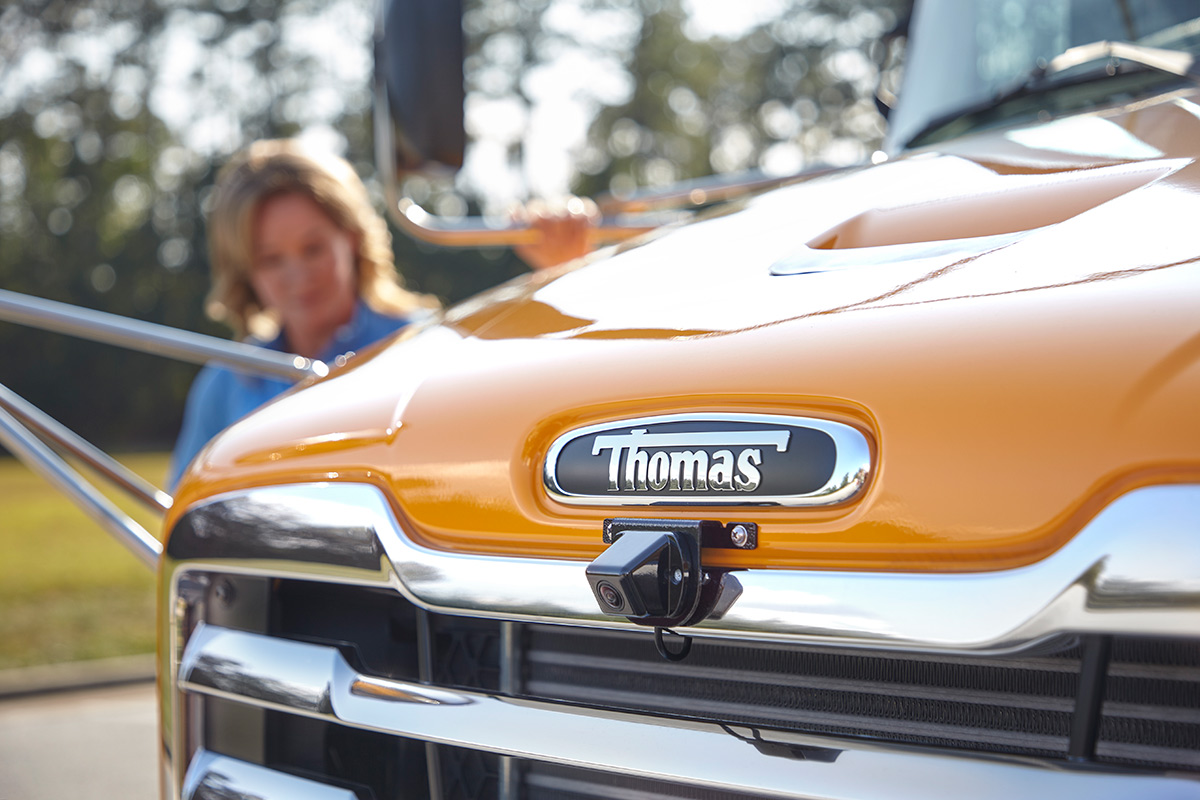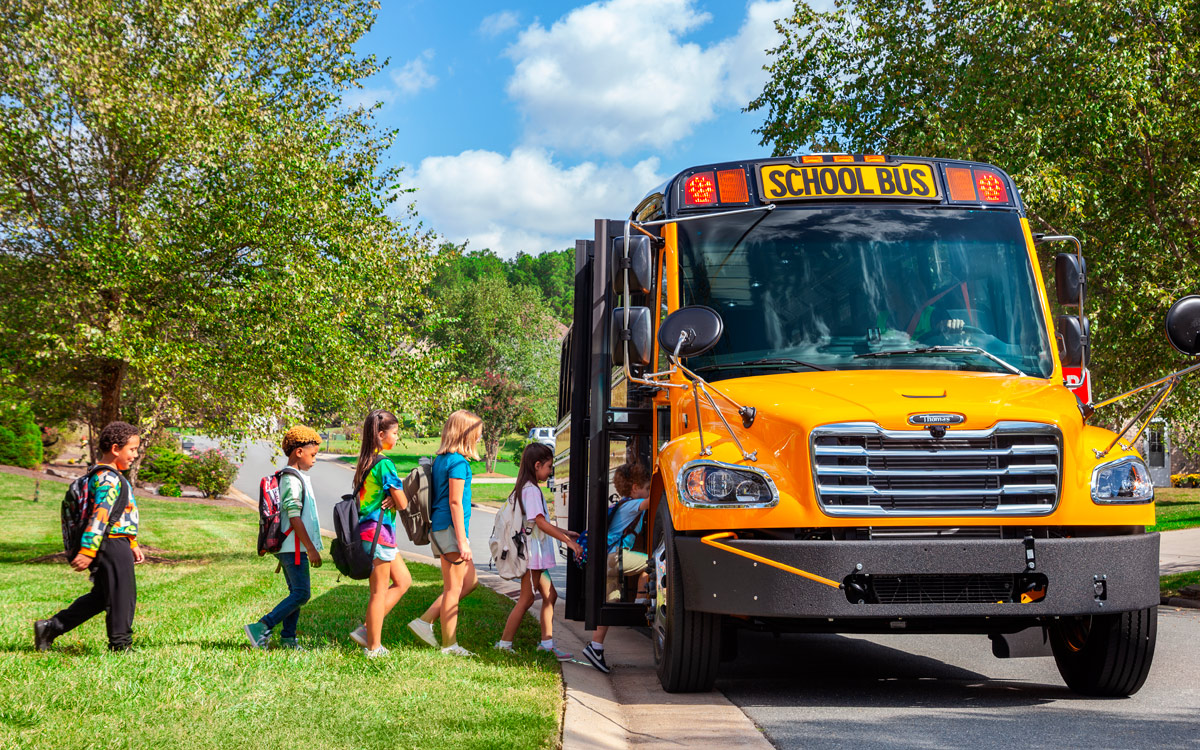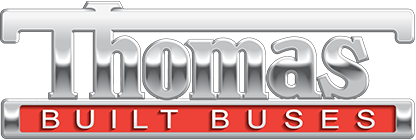
A behind-the-scenes look at our historic celebration and transition of the Type D legacy
It isn’t every day you get to celebrate a major milestone, so we’ve captured the iconic plant transition of our Type D production and commemorated the milestone in a video celebration. Chronicling the final steps of the last Type D bus to roll off the historic assembly line, the video features…

At Thomas Built Buses, we view safety as a journey, not a destination. Safety is at the core of everything we do—from our manufacturing processes to our testing protocols and focus on continuous innovation. It is more than just a feature; it’s an interconnected facet of all our operations.
Let’s look at how this commitment to safety is woven into every phase of our process, from…

What makes the electric Saf-T-Liner C2 Jouley school bus an excellent vehicle for today and the future? Our free Electric School Bus Curriculum answers this and more.
Today’s students are increasingly interested in electric vehicles and environmentally smart transportation options. This dynamic, professionally designed curriculum provides teachers with tools and lessons to increase…

In today’s rapidly evolving industrial landscape, sustainability has become a global focus. But what does that even mean? For Thomas Built Buses, it’s about defining our commitment to our organization, our industry and the communities we serve. While our electric school bus, the Saf-T-Liner® C2 Jouley®, and its many milestones (including the recent delivery of our 1,000th) often come to…
When purchasing a new school bus, many factors go into determining the financial implications of that new vehicle, including capital, fuel and maintenance costs, as well as financing and even resale value.
One consideration that often is overlooked when purchasing a new school bus is the overall engine life. Most fleet managers know that a healthy engine is one of the key things to look for in the purchase of a used school bus. Why? Because engine replacement can be a major hit on maintenance budgets. And, of course, engine life is key for new school buses, as well. Not all engines are alike, and the engine life of alternative fuel engines can vary drastically from clean-diesel engines. Some alternatively fueled engines like propane or gasoline may need to be replaced two to three times during the normal lifecycle of a school bus. Clean-diesel engines, on the other hand, are built to last 15-20 years.
The difference in engine life lies in how engines are built. Clean-diesel engines are built from the ground up specifically for the medium- and heavy-duty/commercial-grade market. They are built to be durable, to withstand higher torque and operate at higher compression ratios. The result is engines that are powerful, proven, reliable and longer-lasting than propane or gasoline counterparts.
Conversely, most propane and gasoline engines are light duty engines running in a medium-duty application. They just aren’t built to withstand the rigors of the school bus industry, so they must run at a much a higher RPM in order to achieve maximum power. This results in faster wear and a shorter engine life.
Engine life and durability are two of the primary reasons that clean-diesel is still the industry standard, with the lowest total cost of ownership when all factors are considered. In fact, nearly 90 percent of large school buses run on clean-diesel power. And clean-diesel engines are only getting more efficient, durable and easier to maintain.
New clean-diesel engines hitting the market this year, like the much-anticipated Detroit™ DD5™ and DD8™, will represent the best in fuel efficiency, durability, reliability, serviceability and technology/telematics in the industry. Clean-diesel emissions at the tailpipe today are 90 percent cleaner than they were in 2006 and are comparable to or even cleaner than other fuel types, based on EPA regulated emissions standards.
So when it’s time for your next school bus purchase, ask about engine durability. A proven and durable engine is the key to an efficient and cost-effective school bus.
To learn more about the many benefits of clean-diesel school buses visit our Facts About Fuels page.
